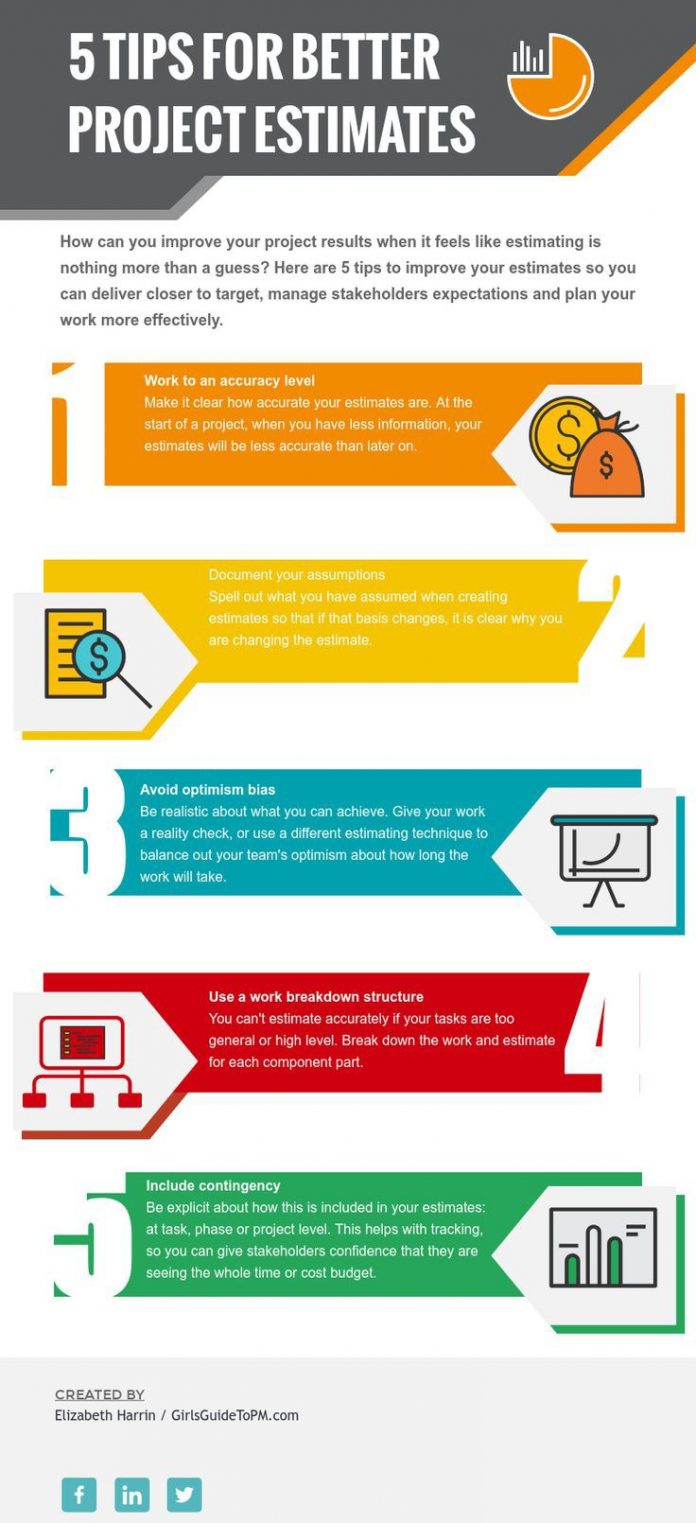Managing a project budget is an essential aspect of project management that requires careful planning and execution. A project budget helps to ensure that the project stays on track, meets its goals, and is delivered on time and within budget. In this article, we’ll explore eight key areas of project budget management and how to effectively manage your project budget to ensure success.
Define the Project Budget
The first step in managing the project budget is to define the budget. This involves determining the total amount of money that will be spent on the project and how it will be allocated among various tasks and activities. The budget should be realistic, taking into account the resources available, the scope of the project, and any constraints or limitations.
Create a Budget Plan
Once the budget has been defined, the next step is to create a budget plan. This involves breaking down the budget into smaller, manageable components and creating a timeline for when the funds will be spent. The budget plan should also include a contingency plan for unexpected expenses and should be regularly reviewed and updated to ensure that the project stays on track.
Monitor your Project Budget
It is essential to monitor spending throughout the project to ensure that the budget is being used effectively. This involves tracking actual expenditures against the budget plan and identifying any areas where spending is exceeding budget. Regular monitoring helps to ensure that the project stays within budget and helps to identify any potential issues before they become major problems.
Communicate with Stakeholders
Effective communication with stakeholders is crucial in managing the project budget. This involves keeping stakeholders informed of the budget status, discussing any potential changes or adjustments, and ensuring that everyone is aware of the impact of budget decisions. Good communication helps to build trust and keeps everyone on the same page.
Control Change Requests
Changes to the project scope, timeline, or budget can have a significant impact on the project’s budget. It is essential to control change requests and ensure that they are reviewed and approved before they are implemented. This helps to ensure that the budget remains intact and that the project stays on track.
Use Project Management Software for your Project Budget
Project management software can be a valuable tool in managing the project budget. This software can help to track expenses, manage budgets, and provide real-time updates on the project’s financial status. It can also help to identify areas where spending is exceeding budget and can provide valuable insights into the project’s financial performance.
Review and Update the Budget
The project budget should be regularly reviewed and updated to ensure that it remains accurate and relevant. This involves reviewing actual expenditures against the budget plan, making any necessary adjustments, and updating the budget plan to reflect any changes in the project scope or timeline. Regular review and updating of the budget helps to ensure that the project stays on track and is delivered within budget.
You might find these FREE courses useful:
- Budgeting and Scheduling Projects
- Project Valuation and the Capital Budgeting Process
- Create a budget with Microsoft Excel
- Budgeting essentials and development
- Project Valuation and the Capital Budgeting Process
Manage Risk
Risks are an inherent part of any project, and managing risk is a crucial aspect of project budget management. This involves identifying potential risks, assessing their impact on the project budget, and developing contingency plans to mitigate their impact. Effective risk management helps to ensure that the project stays on track and is delivered within budget.


